When I was growing up, I thought of my parents as the lucky ones. So many had perished during the Holocaust that I did not associate that term with them. After all, they had never been carted off to a labor camp or death camp. They were hunted, but they were not caught. Did that count? Clearly, the upending of their lives was traumatic but not equivalent to the tragedy of whole families and whole communities – be they Jews, Romi and Sinti, Jehovah’s Witnesses, LGBTQ, disabled, political enemies like German Communists, Socialists, and Social Democrats, or members of the Resistance – exterminated systematically. That’s a long list of “others,” isn’t it? When one group is persecuted in a Fascist regime, they are usually not alone for long.
Read MoreMy parents fled the Nazis, arriving in New York in 1941. Born just four years after Germany’s surrender, I was keenly aware of the Holocaust, though my parents rarely shared details, wanting to face forward rather than look back. But, at school, I was puzzled that the Holocaust was barely mentioned in World War 2 history texts. As Germany was developing into an ally against Communism, it seemed that some wanted to downplay the regrettable “mistakes” of the past. Even to me, the systematic murder of six million Jews and other “undesirables” was impossible to comprehend, and seemed a little like ancient history.
Fast forward to the present day, and we see a disheartening trend, particularly among Millenials (now in their forties) and Generation Z (those born 1997-2012). In many ways, these generations are among the best-educated and most socially conscious, yet there is a disturbing lack of knowledge when it comes to the Holocaust.
Read More

